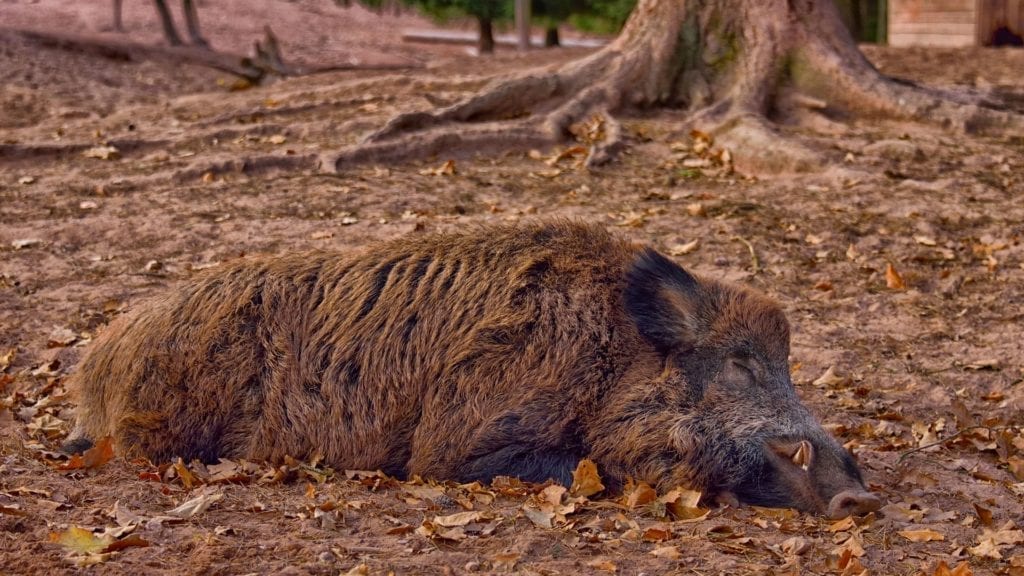Small game preparation
Small game preparation Food hygiene is paramount All game preparation must be carried out with good food hygiene being the number one priority. When transporting shot quarry, BASC advises members to adhere to the Code of Good Shooting Practice’s Guide to Good Game handling. If you’re preparing game for the table,

